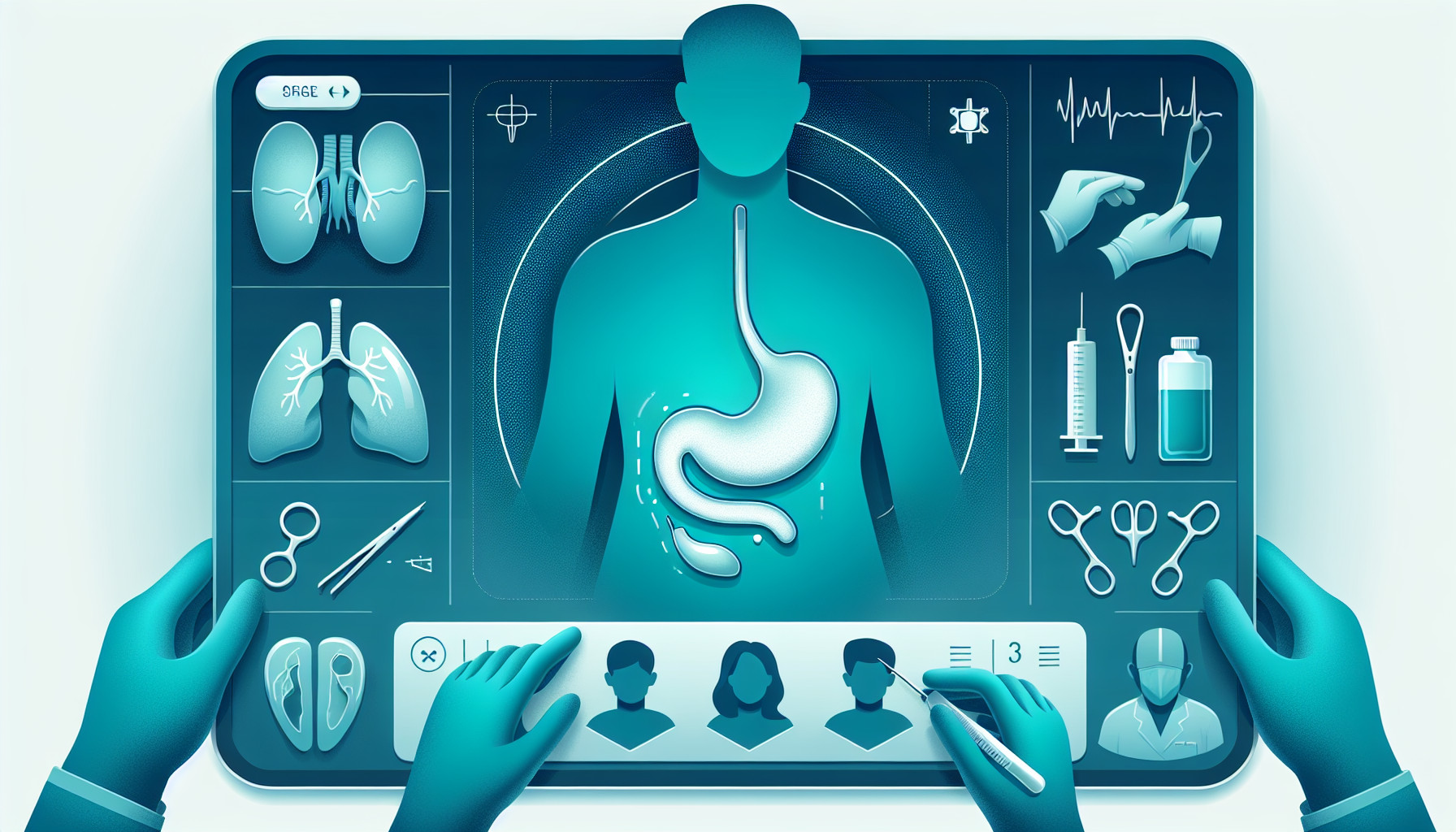Our Summary
This research paper is looking at the best way to treat cholecystitis, which is when your gallbladder becomes inflamed, usually because of gallstones. The standard treatment is a cholecystectomy, which is surgery to remove the gallbladder. The researchers wanted to compare doing this surgery early versus delaying it.
They looked at studies from 1982 to 2015 that were in English and involved humans. They found 225 articles, but only 25 were relevant to their research.
Their conclusion was that it’s better to do the surgery early. This is because people have a better quality of life after the surgery, there are less health complications, and it costs the hospital less. However, they say that emergency doctors should decide on the best course of action based on the individual patient’s health and the resources available at their hospital.
FAQs
- What is the standard treatment for cholecystitis?
- What was the conclusion of the research regarding the timing of cholecystectomy?
- How does the timing of the surgery impact the patient’s quality of life and the overall hospital costs?
Doctor’s Tip
One helpful tip a doctor might tell a patient about cholecystectomy is to follow post-operative instructions carefully, including taking prescribed medications, watching for signs of infection or complications, and gradually reintroducing regular activities and diet. It’s important to follow up with your healthcare provider for any concerns or questions after surgery.
Suitable For
Patients who are typically recommended for cholecystectomy include those with:
Acute cholecystitis: Patients with inflammation of the gallbladder due to gallstones are often recommended for surgery to prevent complications such as infection, abscess formation, or perforation of the gallbladder.
Chronic cholecystitis: Patients with recurrent episodes of inflammation of the gallbladder may benefit from cholecystectomy to relieve symptoms and prevent further complications.
Gallstones: Patients with symptomatic gallstones, such as those experiencing abdominal pain, nausea, or vomiting, may be recommended for surgery to remove the gallbladder.
Complications of gallstones: Patients with complications of gallstones, such as pancreatitis or biliary colic, may require cholecystectomy to prevent recurrence of these conditions.
Biliary dyskinesia: Patients with gallbladder dysfunction, characterized by poor emptying of the gallbladder, may benefit from cholecystectomy to improve symptoms and quality of life.
Overall, patients who are experiencing symptoms related to gallbladder disease or are at risk for complications due to gallstones are typically recommended for cholecystectomy. It is important for healthcare providers to assess each patient individually and consider their overall health and risks before recommending surgery.
Timeline
Timeline before cholecystectomy:
- Patient experiences symptoms such as abdominal pain, nausea, vomiting, and fever
- Patient visits a doctor and undergoes tests such as ultrasound or blood tests to diagnose cholecystitis
- If diagnosed with cholecystitis, patient may be prescribed medication to manage symptoms and prevent complications
- Patient may be advised to follow a low-fat diet to reduce symptoms
- Patient may experience recurrent episodes of pain and discomfort due to gallbladder inflammation
Timeline after cholecystectomy:
- Patient undergoes surgery to remove the gallbladder
- Recovery period varies, but typically involves a hospital stay of 1-2 days
- Patient may experience pain, discomfort, and fatigue after surgery
- Patient is advised to gradually resume normal activities and follow a special diet for a few weeks
- Over time, patient’s digestive system adjusts to the absence of the gallbladder
- Patient may experience changes in bowel habits, such as more frequent bowel movements or diarrhea
- Long-term complications are rare, and most patients experience improved quality of life after cholecystectomy.
What to Ask Your Doctor
What are the risks and benefits of having a cholecystectomy?
What are the potential complications of delaying the surgery for cholecystitis?
How long is the recovery time after a cholecystectomy?
Are there any alternative treatments for cholecystitis besides surgery?
Will I need to follow a special diet after having my gallbladder removed?
How will my digestion be affected after the surgery?
How often do complications occur after a cholecystectomy?
Will I need to take any medications after the surgery?
How soon after the surgery can I return to my normal activities?
What should I watch out for in terms of symptoms that may indicate a complication after the surgery?
Reference
Authors: Thangavelu A, Rosenbaum S, Thangavelu D. Journal: J Emerg Med. 2018 Jun;54(6):892-897. doi: 10.1016/j.jemermed.2018.02.045. Epub 2018 May 8. PMID: 29752150
